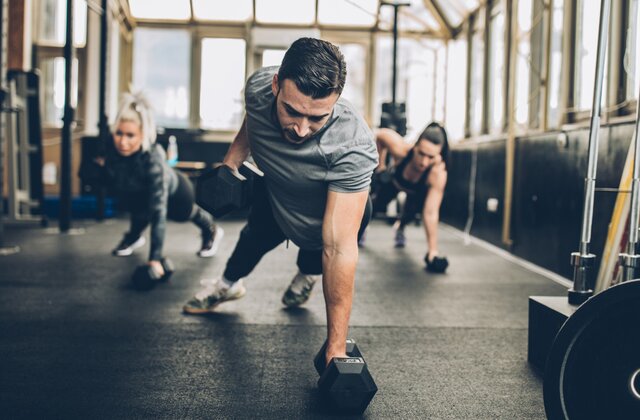The immune system may be impacted by intense exercise. Research shows how? A recent study suggests that engaging in excessively intense exercise may have the effect of suppressing the immune system.
Over 4,700 post-exercise fluid molecules from firemen were analyzed for the study, which was published in the journal Military Medical Research.
This result caused concern for people in physically demanding occupations like emergency personnel and athletes that need rigorous fitness training.
High fitness levels may make people more vulnerable to viral respiratory infections right after intense exercise, says biomedical scientist Ernesto Nakayasu of Pacific Northwest National Laboratory (PNNL). This could be because they have lower levels of inflammatory activity, which is necessary to fight infections.
While there is a wealth of data demonstrating the beneficial effects of moderate physical activity on the immune system over the long run, there is ongoing debate over the effects of strenuous exercise on the immune system right after the activity.
Nakayasu et al. conducted a study on eleven firemen, examining their blood plasma, urine, and saliva both before and after 45 minutes of rigorous exercise designed to mimic the demands of their line of work.
The goal of the study was to learn more about the early warning signs of exhaustion-related hazards and investigate strategies for reducing the risks that first responders, athletes, and military personnel may face.
Even while exercise is known to improve health, the study found that firemen may be showing evidence of immune suppression.
A decrease in molecules linked to inflammation and an increase in opiorphin, a chemical known to widen peripheral blood arteries, were observed in conjunction with changes in fluid, energy, and oxygen levels.
Although the short-term ramifications of these modifications on the immune system are not yet known, the researchers hypothesize that opiorphin may improve blood flow to the muscles, so enhancing the delivery of oxygen and nutrients during exercise.
Furthermore, alterations in the oral microbiome of the subjects were noted; these may have been related to elevated levels of antimicrobial peptides as a reaction to immunological suppression.
The study’s shortcomings, including its small sample of fit and active males and the particular exposures firefighters have to contaminants during fires, call for additional research in a larger community.
In spite of these factors, the researchers hypothesize a possible link between physical demands and an increased risk of respiratory infections based on earlier research.




























